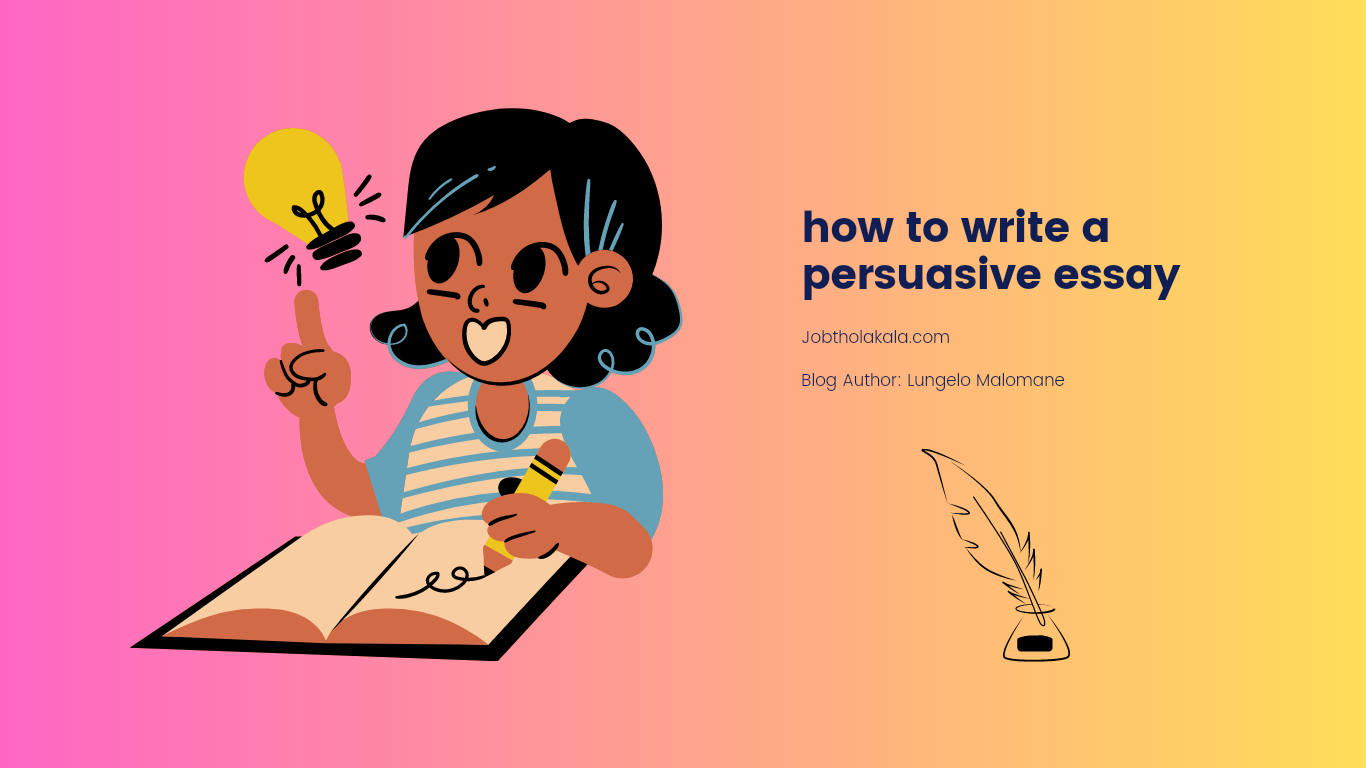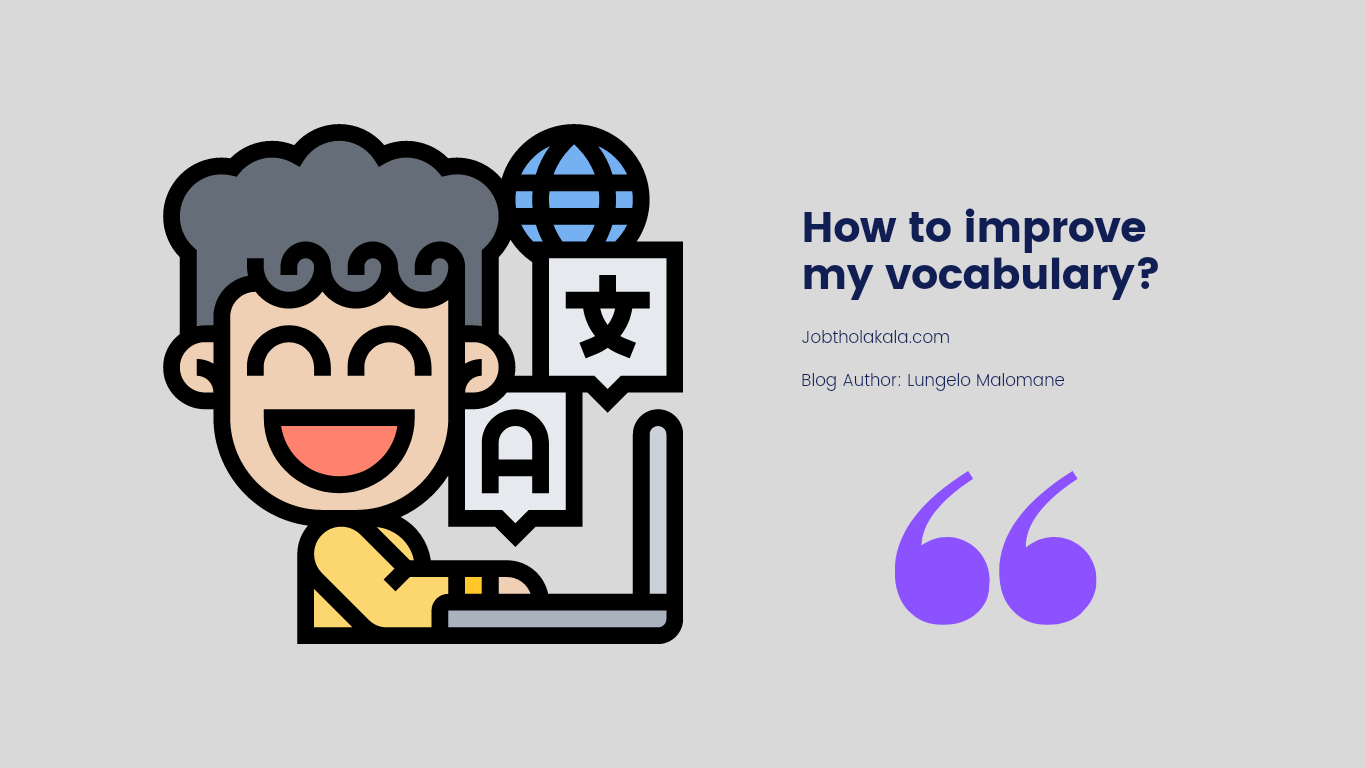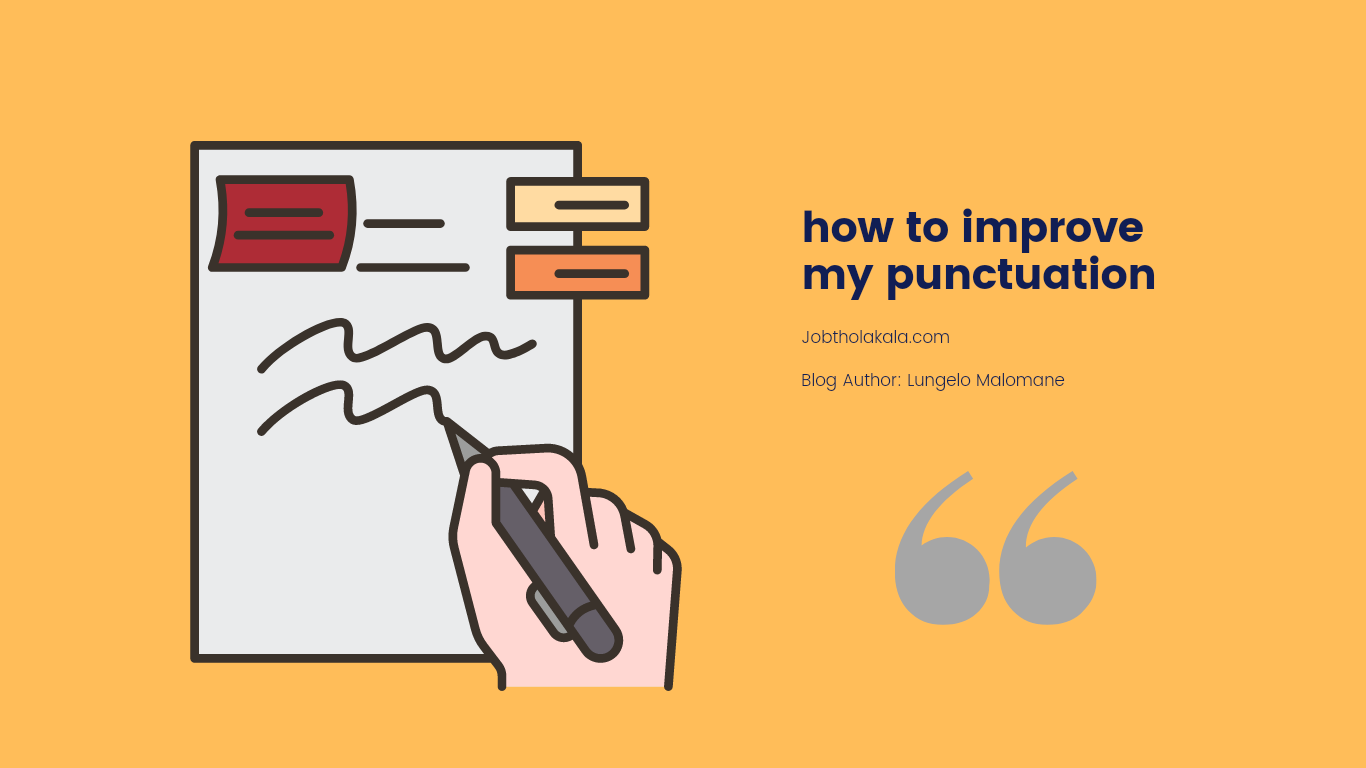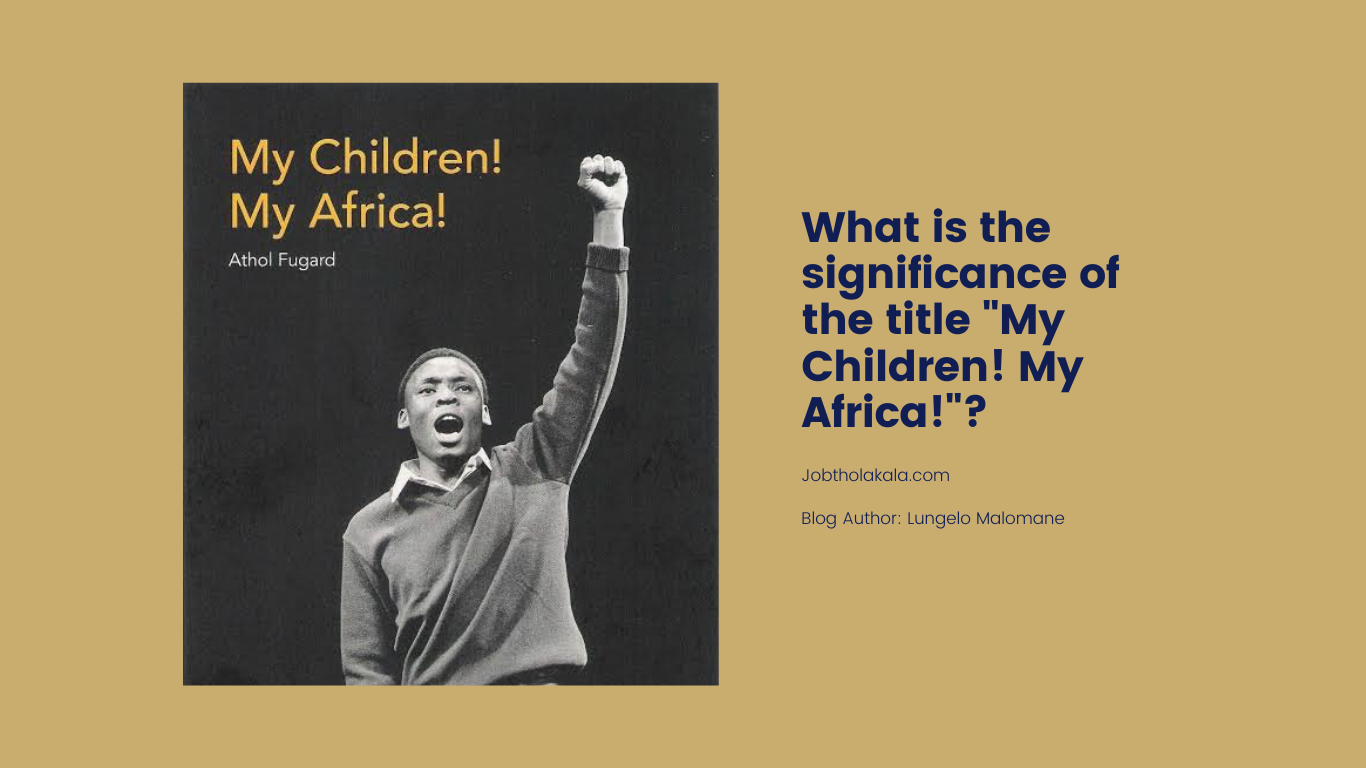 |
| how to write a persuasive essay |
A persuasive essay is a type of essay that tries to convince the reader to agree with the writer's point of view. In order to write a persuasive essay, you need to choose a topic that you are passionate about and that you have strong opinions about. You also need to do your research and gather evidence to support your arguments.
Here are some tips on how to write a persuasive essay:
1. Choose a topic that you are passionate about.
This will make the writing process more enjoyable and easier to stay focused. If you are not interested in the topic, it will be difficult to write a well-informed and engaging essay.
2. Do your research.
Once you have chosen a topic, it is important to do your research. This will help you to gather evidence to support your thesis statement and to develop your arguments. You can find information on your topic in a variety of sources, including books, articles, websites, and interviews.
3. Create an outline.
An outline will help you to organize your thoughts and to ensure that your essay flows smoothly. The outline should include an introduction, body paragraphs, and a conclusion.
4. Write a strong introduction.
The introduction should grab the reader's attention and introduce the topic of your essay. You can do this by asking a question, telling a story, or providing a statistic.
5. Write clear and concise body paragraphs.
Each body paragraph should support one main point. The main point should be stated in a topic sentence, and the rest of the paragraph should provide evidence to support the topic sentence.
6. Write a strong conclusion.
The conclusion should restate your thesis statement and summarize the main points of your essay. You can also use the conclusion to leave the reader with something to think about.
7. Edit and proofread your essay.
Once you have finished writing your essay, it is important to edit and proofread it carefully. This will help you to catch any errors in grammar, spelling, or punctuation.
Here are some additional tips for writing a persuasive essay:
- Use strong verbs and vivid language.
- Avoid clichés and overused phrases.
- Be specific and avoid vague language.
- Use transition words to connect your ideas.
- Cite your sources correctly.
By following these tips, you can write a persuasive essay that will inform and engage your reader.
Here are some additional tips for writing a persuasive essay:
Choose a strong thesis statement. Your thesis statement should be a clear and concise statement of your main argument. It should be something that you can argue for and support with evidence.
Use evidence to support your claims. Don't just state your opinion; back it up with evidence from credible sources. This could include statistics, expert opinions, or personal anecdotes.
Address opposing viewpoints. It's important to acknowledge and address any opposing viewpoints on your topic. This will show that you've thought critically about the issue and that you're not just trying to push your own agenda.
Be persuasive. Your goal is to convince your reader to agree with you. Use strong language and persuasive techniques to get your point across.
Proofread your work carefully. Before you submit your essay, be sure to proofread it for any errors in grammar, spelling, or punctuation.
By following these tips, you can write a persuasive essay that will be both informative and convincing.














